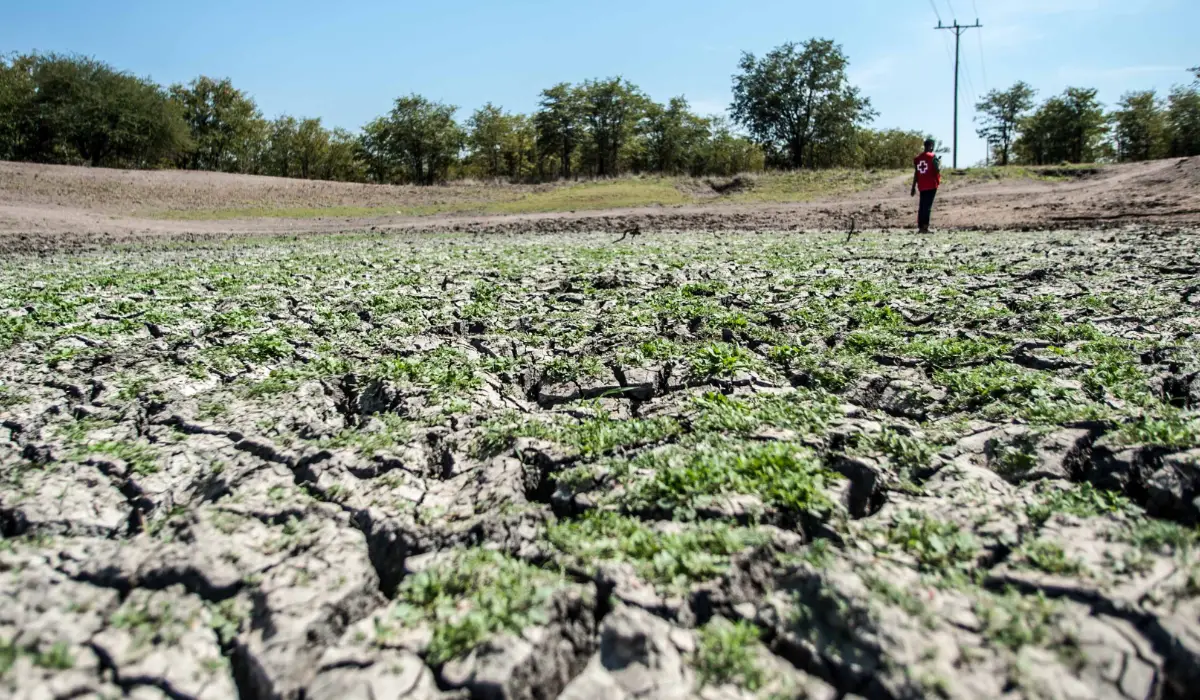The increasing impacts of climate change across southern Africa make science-based and adaptive solutions not only necessary but urgent, a senior Namibian official said here on Tuesday at the opening of a regional climate workshop.
Speaking at the two-day thematic workshop hosted by the Southern Africa Science Service Center for Climate Change and Adaptive Land Management (SASSCAL), Namibian Deputy Minister of Agriculture, Fisheries, Water and Land Reform Ruthy Masake warned that the country faces escalating climate variability, including severe droughts, devastating floods, and pest outbreaks.
“Last year, Namibia declared a State of Emergency due to prolonged drought, which caused widespread crop failures and water shortages,” Masake said. “More recently, torrential rains triggered flooding in several regions, while locust infestations in the Zambezi Region further threatened food security.”
To combat these challenges, Namibia is leveraging research supported by SASSCAL, a regional initiative backed by Angola, Botswana, South Africa, Zambia, and Germany, to guide climate adaptation policies.
The country is also enhancing its monitoring capacity, with 44 automated weather stations to be upgraded this year under a 2.9-million-euro (about 3.3 million U.S. dollars) investment.
Masake highlighted Namibia’s progress in renewable energy, including the launch of Africa’s first Green Hydrogen Village in the Erongo Region, supported by SASSCAL. In addition, 34 Namibian students have received scholarships for climate-related studies under the program.
The workshop brings together researchers, policymakers, and regional partners to assess achievements and strengthen the use of scientific data in policymaking.
“This collaboration is critical to building resilience and securing sustainable development for our nations,” Masake said. She encouraged participants at the workshop to turn research into real-world solutions for food security, water management, and energy transition amid growing climate threats.
XINHUA

